Real Estate Investing Education: 1031 Exchange
One of the great advantages of real estate investing is that most properties tend to appreciate over time, and you can sell them for more than you paid. With a short-term rental, you get the best of both worlds: passive income from guests who stay in your home and appreciation of the home’s overall value. When it’s time to sell that property and cash in the home’s equity, there’s a way to avoid paying taxes on the profit. It’s called a 1031 exchange, and it’s helpful to understand what it is and how it works for your investment properties.
What is a 1031 Exchange?
Section 1031 of the Internal Revenue Code allows investors to defer taxes by trading one investment property for another. This is called a 1031 exchange, or a like-kind exchange. Tax savvy investors use a 1031 exchange to let their investments grow tax-deferred, and in some cases, they continually roll gains from one investment to another without paying taxes for years—or ever.
If you think this sounds like a great deal, you’re right. However, there are rules in place that specify what qualifies for a 1031 exchange and how to complete it. Skip a step, and you may find yourself dealing with an unpleasant tax situation. Follow the rules, and you can implement a strategic plan to grow your real estate investments at a record pace.
Types of 1031 Exchanges
There are four types of 1031 exchanges: delayed exchange, reverse exchange, improvement exchange, and a blended transaction. Most property owners choose a delayed exchange. This means they sell the original property before buying the second one. With a reverse exchange, the property owner buys the replacement property before the original property. An improvement exchange lets the property owner build a replacement property, and a blended transaction is typically a combination of a reverse and delayed exchange.
What Qualifies as a Like-kind Exchange?
The IRS defines like-kind property as any properties that are “of the same nature or character.” It explains that most real property is like-kind no matter how they are currently used. Under this broad definition, an apartment building and raw land are like-kind as long as both pieces of property are located in the United States.
A vacation home can qualify for a 1031 exchange as long as it meets certain criteria. First, you have to rent out the properties used in the exchange for at least 14 days in the two-year period before the sale and after the sale. Your renter cannot be a relative and you can’t list the property for rent without actually handing the keys over to someone.
How Do 1031 Exchanges Work?
The 1031 exchange timeline starts on the day you sell the first property. Within 45 days of the sale, you have to designate in writing the replacement property. The IRS lets you designate up to three potential replacement properties, but you have to close on one of them. Your designation and the proceeds from the first property’s sale go to an intermediary who brokers the exchange.
A qualified intermediary cannot be your accountant, attorney, employee, investment banker or broker, or real estate agent or brokerage. This person should not have a vested interest in the property or the property owner and cannot act as an intermediary for the seller more than once in a two-year period. This person receives the money from the sale of the property and places it in an escrow account that the property owner cannot access.
The next step in the process is to close on one of the properties you designated. You must close on the property within 180 days of the original sale to qualify for a 1031 exchange. If you don’t meet the deadlines, be prepared to pay capital gains taxes on what you earned. During this entire process, the proceeds from the sale of the original property must stay with the intermediary to qualify.
You can use all or some of the money you get from the sale of your property to invest in the new one. However, keep in mind that you may have to pay capital gains taxes on the money you decide to keep for yourself.
There’s Never Been a Better Time to Turn Your Vacation Home into a Short-Term Rental
For real estate investors, a 1031 exchange can be a useful tool for managing and growing your wealth. If you’re interested in learning more about how they work or think you might qualify for one, seek out one of our OpenAiRE agents in your area who can explain your options and next steps. Then, our property management team at Open Air Homes can help you qualify for a 1031 exchange by booking and managing your short-term rental property. We’re happy to discuss how we can help you build your assets through effortless ownership.

